Nearly two years on from the general election and 11 years since the Tories took office, they remain comfortably and consistently ahead in the polls. This is remarkable. In September 2008, when Labour was in power, it was almost 20 points behind the Conservative party. Eighteen years before that, when the Tories were in power, they regularly trailed by double digits. You might think this Tory lead, and the poor numbers for the leader of the opposition — Keir Starmer’s latest approval rating is minus 39 — would have led to Tory triumphalism. However, when Tory MPs return to parliament next week, they will do so in a strikingly subdued mood.
In part this is because of the issues at the top of the agenda. It is hard for anyone who believes in western values to feel triumphalist after the events in Afghanistan. The chaotic withdrawal has been humiliating, leaving thousands of those who helped the Nato mission there at risk. Of course there were limits to what could have been done militarily once the Americans had decided to withdraw. But the government being caught on the hop by the crisis and failing to get out everyone who worked with UK troops has been a dispiriting sight.
Then there is Covid. All the restrictions, apart from the requirement to isolate if you test positive, have gone in England for the vaccinated and those under 18. But normality still seems some way off. There is also concern about the autumn term and what that might mean for cases. Around 13 million people’s weekday routine will change with the return of education this month. Looking at what has happened in Scotland, where schools are already back, this is likely to lead to a Covid spike. This should be manageable given the levels of immunity in the population.
There are, however, worries in Whitehall about how few pupils have been vaccinated. A source involved in the planning for the return to schools says they expected that they would have got further down the age groups by now; but the Joint Committee on Vaccination and Immunisation has only recently approved a Covid jab for 16- and 17-year-olds. Ministers are looking with increasing envy at those countries that are now offering a vaccine to every-one over 12.
The healthcare system should be able to cope with a rise in cases, given how much the link between infections and hospitalisations has been weakened. Yet the apparent slowdown in the recovery in July — consumer credit fell to zero — suggests a rise in cases does have economic consequences, with more people staying at home and not spending money.
And it isn’t just Afghanistan and Covid that are causing concern among the Tory parliamentary party. As one secretary of state puts it: ‘The mood is about the anticipation of tough decisions to come.’ The furlough scheme winds down at the end of this month, and the £20-a-week uplift in universal credit will end then too. The latter will almost certainly be more controversial than the former, which is happening in the context of a record number of job vacancies.
Then there is social care, which will require a tax rise to fund any lasting commitment and a spending round where the demands for money will outstrip the resources available. The government is adamant that there will be no return to ‘austerity’, but the crisis spending of the past 18 months is over.
During the first lockdown, I asked one of Boris Johnson’s long-time confidants if the Prime Minister could avoid the fate of leading the country through a crisis only for the nation to decide it wanted someone else to do the rebuilding. This person argued that because Covid had struck so soon after the Tories won an 80-seat majority, Johnson could play both the Churchill and the Attlee roles. But if this is a 1945 moment, the Tories don’t quite know what they want the outcome to be. As one secretary of state says, now is a ‘once-in-a-lifetime opportunity for a total reset’. They argue that it isn’t the time to worry about the deficit, joking that they’ll be a ‘fiscal hawk in five years’. Most of the cabinet, though, are wary about presiding over a permanent large-scale expansion of the state.
This is another reason for the Tories’ subdued mood: a lack of certainty about what they stand for now that they have ‘got Brexit done’ and most of the country has been vaccinated. One of Johnson’s most loyal supporters in the parliamentary party argues that there is a need for a fresh sense of mission and that there must be a greater level of ‘strategic direction’.
Levelling up is the most obvious Tory objective. However, at the moment it is too often a catch-all phrase for everything that the government is doing. It needs more definition if it is to give the Tories their purpose.
In politics, definition can also come from your opponents. During the Jeremy Corbyn years, the Tories could define themselves against him and John McDonnell and what they stood for. This is harder to do with Starmer. Indeed, on many issues the most passionate voices criticising the government have come from its own side.
Another factor contributing to Tory nervousness is how many Conservative MPs are fretting about their seats. This might seem odd given the party’s lead in the polls. But the concern is driven by how many Tory MPs won their seats for the first time at the last election — new MPs are always jumpy — combined with the fact that many Conservative MPs in previously safe seats were rattled by the Chesham and Amersham by-election, when a 16,000 Tory majority turned into an 8,000 Lib Dem majority.
One of Johnson’s political skills is his ability to grasp the public mood and shape it to his advantage. The end of Covid restrictions seemed to offer a chance for him to achieve this. The summer has been more downbeat than people expected, though; the long shadow of Covid has not yet disappeared. The autumn may be more sombre still as it becomes clear how many other troubles the virus has left behind.
Got something to add? Join the discussion and comment below.
Get 10 issues for just $10
Subscribe to The Spectator Australia today for the next 10 magazine issues, plus full online access, for just $10.
You might disagree with half of it, but you’ll enjoy reading all of it. Try your first month for free, then just $2 a week for the remainder of your first year.


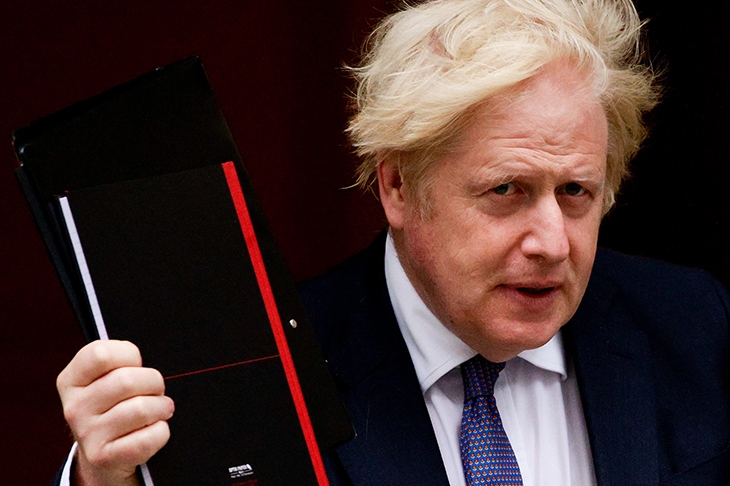
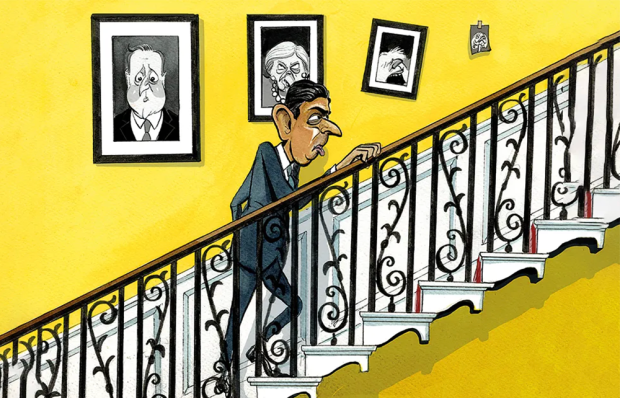
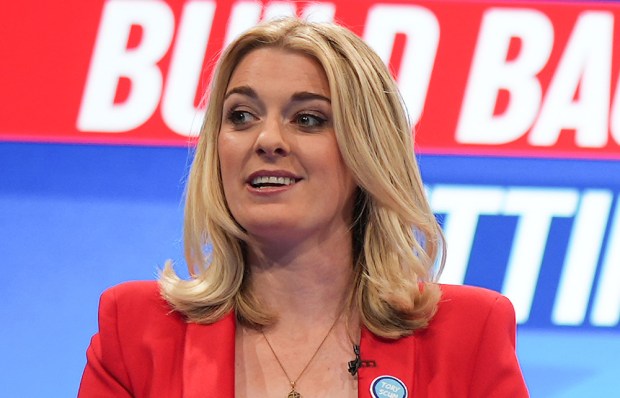
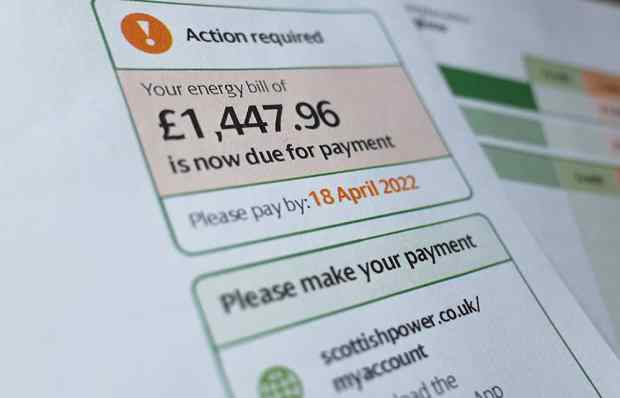


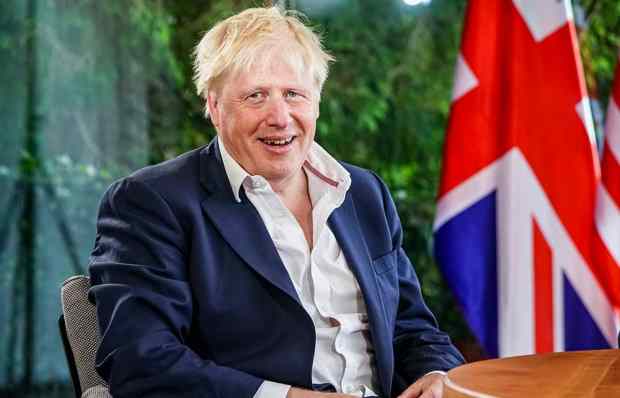






Comments
Don't miss out
Join the conversation with other Spectator Australia readers. Subscribe to leave a comment.
SUBSCRIBEAlready a subscriber? Log in